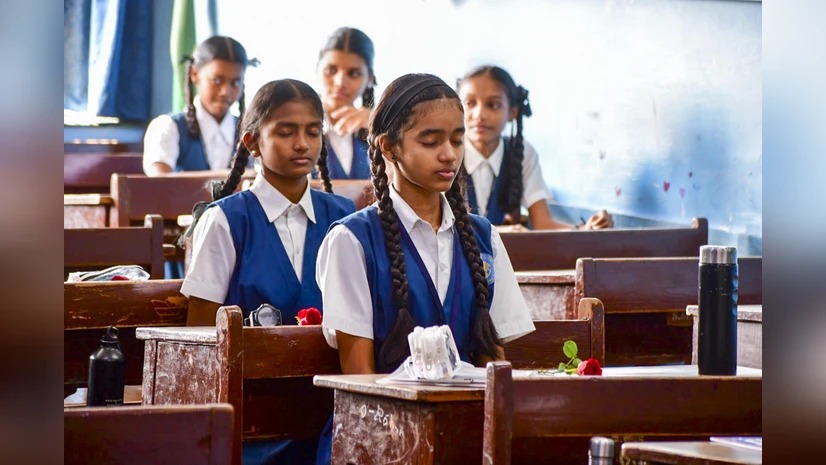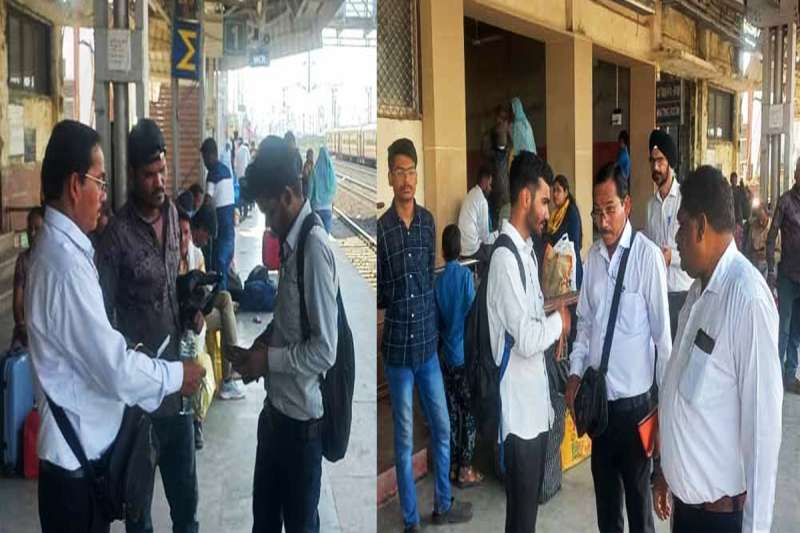P. Sam Koshy, J
1. The claim of the petitioner in this petition is for grant of compassionate appointment.
2. According to the petitioner, his father died in harness while working under the erstwhile State of Madhya Pradesh on 28.03.1999. On the death of
the father of the petitioner, the elder brother of the petitioner had applied for compassionate appointment and his case was also considered and he was
selected for the post of Patwari and was according sent for Patwari training on 03.12.1999. However, the said elder brother of the petitioner could not
succeed in the training and thereafter he could not be given appointment. Subsequently, after about 10 years time on 12.09.2008 for the first time the
present petitioner has raised a claim for compassionate appointment which stood rejected by the impugned order dated 20.05.2011 (Annexure P/13).
3. The counsel for the petitioner submits that it is a case where one of the family member of the deceased employee was entitled for compassionate
appointment. If the elder brother could not succeed in Patwari training, the other members in the family should have been considered for the said post
or any other post. The object of providing compassionate appointment is to meet the immediate financial crisis which the family of the deceased had
suffered on death of their bread earner. Therefore, the case of the petitioner should not have been rejected by the respondents and the impugned
order dated 20.05.2011 (Annexure P/13) therefore deserves to be set aside.
4. Indisputably, the case for compassionate appointment in the family members of the deceased employee was considered and the elder brother of the
petitioner who had applied for the same was selected for the post of Patwari and sent for training. Since the petitioner's elder brother could not
successfully complete Patwari training, he could not be granted appointment. If at all at that point of time if some other family members wanted to
claim compassionate appointment, they could have immediately done so. For 10 years the petitioner inspite of fact that he was a major did not seek for
compassionate appointment. It is only in September, 2008, for the first time the petitioner moves an application for compassionate appointment.
5. Given the facts and circumstances of the case, this court has no hesitation in reaching to the conclusion that the claim of the petitioner seeking for
compassionate appointment was admittedly at a much belated stage. The delay in claim for compassionate appointment reduces the element of
compassion which is required for consideration.
6. The claim for compassionate appointment cannot be transferred to a different person other than the person who has been offered appointment. The
elder brother of the petitioner was offered appointment and he was also sent for training of Patwari. If for some personal reason he does not complete
training, it is he who has to be blamed and not the respondents.
7. So far a delay part is concerned, the same does not need much deliberation as law in this regard is by now well settled. The question of delay and
laches came to be considered by the Supreme Court in case of State of Uttaranchal and Another v. Shiv Charan Singh Bhandari and Others 2013 (12)
SCC 179 in which the court has declined to exercise extraordinary jurisdiction in case the petitioner invokes jurisdiction of court with inordinate delay,
and held as under :
In State of T.N. v. Seshachalam[8], this Court, testing the equality clause on the bedrock of delay and laches pertaining to grant of service benefit,
has ruled thus: -
...filing of representations alone would not save the period of limitation. Delay or laches is a relevant factor for a court of law to determine the
question as to whether the claim made by an applicant deserves consideration. Delay and/or laches on the part of a government servant may deprive
him of the benefit which had been given to others. Article 14 of the Constitution of India would not, in a situation of that nature, be attracted as it is
well known that law leans in favour of those who are alert and vigilant.
8. Further, in the case of New Delhi Municipal Council v. Pan Singh and others (2007) 9 SCC 278, the Supreme Court reiterating the principles
relating to interference in cases where petitioner approached the Court with unexplained delay as below:
16. There is another aspect of the matter which cannot be lost sight of. The respondents herein filed a writ petition after 17 years. They did not
agitate their grievances for a long time. They, as noticed herein, did not claim parity with the 17 workmen at the earliest possible opportunity. They did
not implead themselves as parties even in the reference made by the State before the Industrial Tribunal. It is not their case that after 1982, those
employees who were employed or who were recruited after the cut-off date have been granted the said scale of pay. After such a long time,
therefore, the writ petitions could not have been entertained even if they are similarly situated. It is trite that the discretionary jurisdiction may not be
exercised in favour of those who approach the court after a long time. Delay and laches are relevant factors for exercise of equitable jurisdiction.
(See Govt. of W.B. v. Tarun K. Roy, U.P. Jal Nigam v. Jaswant Singh and Karnataka Power Corpn. Ltd. v. K. Thangappan.)
9. Recently in case of Chennai Metropolitan Water Supply and Sewarage Board and Others v. T.T. Murali Babu 2014 (4) SCC 108, the Supreme
Court has clearly held that delay may have impact on others' ripened rights and may unnecessarily drag others into litigation, and expressed their
opinion as under-
16. Thus, the doctrine of delay and laches should not be lightly brushed aside. A writ court is required to weigh the explanation offered and the
acceptability of the same. The court should bear in mind that it is exercising an extraordinary and equitable jurisdiction. As a constitutional court it has
a duty to protect the rights of the citizens but simultaneously it is to keep itself alive to the primary principle that when an aggrieved person, without
adequate reason, approaches the court at his own leisure or pleasure, the Court would be under legal obligation to scrutinize whether the lis at a
belated stage should be entertained or not. Be it noted, delay comes in the way of equity. In certain circumstances delay and laches may not be fatal
but in most circumstances inordinate delay would only invite disaster for the litigant who knocks at the doors of the Court. Delay reflects inactivity and
inaction on the part of a litigant-a litigant who has forgotten the basic norms, namely, ""procrastination is the greatest thief of time"" and second, law
does not permit one to sleep and rise like a phoenix. Delay doesbring in hazard and causes injury to the lis.
In the case at hand, though there has been four years' delay in approaching the court, yet the writ court chose not to address the same. It is the duty
of the court to scrutinize whether such enormous delay is to be ignored without any justification. That apart, in the present case, such belated approach
gains more significance as the respondent-employee being absolutely careless to his duty and  nurturing a lackadaisical attitude to the responsibility
had remained unauthorisedly absent on the pretext of some kind of ill health. We repeat at the cost of repetition that remaining innocuously oblivious to
such delay does not foster the cause of justice. On the contrary, it brings in injustice, for it is likely to affect others. Such delay may have impact on
others' ripened rights and may unnecessarily drag others into litigation which in acceptable realm of probability, may have been treated to have
attained finality. A court is not expected to give indulgence to such indolent persons - who compete with 'Kumbhakarna' or for that matter 'Rip Van
Winkle'. In our considered opinion, such delay does not deserve any indulgence and on the said ground alone the writ court should have thrown the
petition overboard at the very threshold.
10. Bearing in mind the principles of law laid down by the Supreme Court in the above referred cases with regard to entertainment of petition filed
with inordinate delay and laches, if the facts of present case is examined, it would appear that the petitioner has claimed for compassionate
appointment in September 2008 whereas, cause of action arose in the year, 1999, and as such there is delay of about ten years in raising claim and the
petitioner has neither explained such delay nor has filed any document to substantiate the same. Further the case of the elder brother of the petitioner
had already been considered and was sent for Patwari Training, however appointment order could not be issued as he was unsuccessful in Patwari
training.
11. Accordingly, the petition deserves to be and is hereby dismissed.

